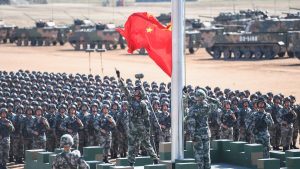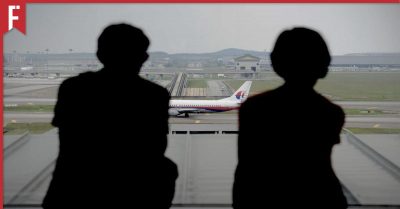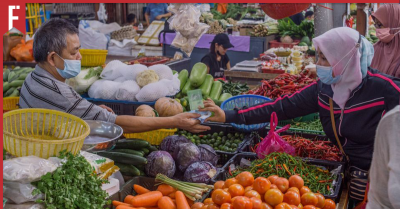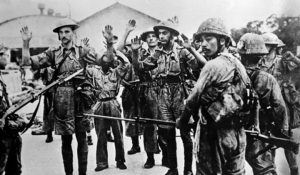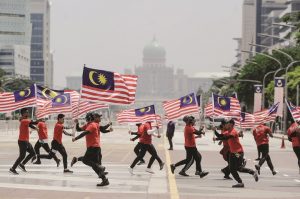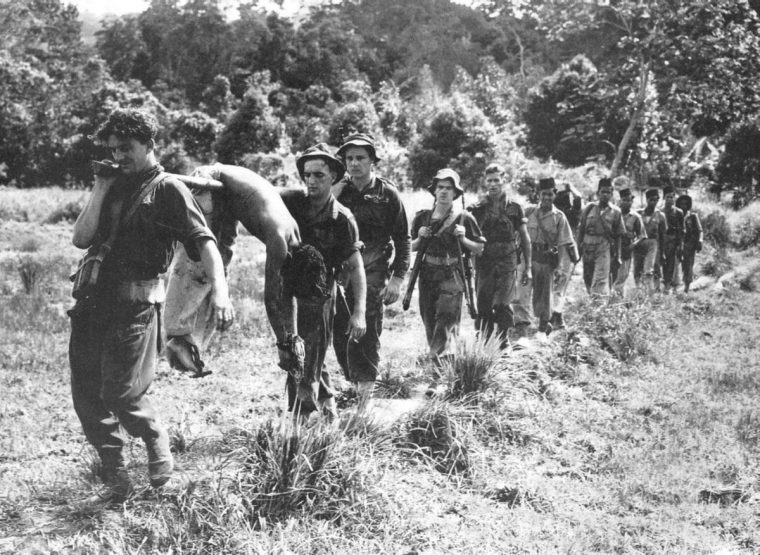
Lockdown.
This term has a nice ring to it, doesn’t it?
And while we can’t deny it also has some marketing values for brands and press ride on, the only problem is that it’s not exactly a lockdown to begin with. Despite calls to straighten the fact, the media and the public continue to use it on a daily basis in news reports, Facebook posts.
So what is an actual lockdown then?
Technically a lockdown is an emergency protocol that usually prevents people or information from leaving an area. Initiated by the authority, a lockdown protects not only humans but also facilities from a threat. In short, you’re not allowed to leave your homes or premises unless it’s a life or death situation.
In the wake of the Movement Control Order, let’s take a look at the difference between today’s MCO and the first-ever lockdown in the country – the Malayan Emergency Ordinance or the Darurat.
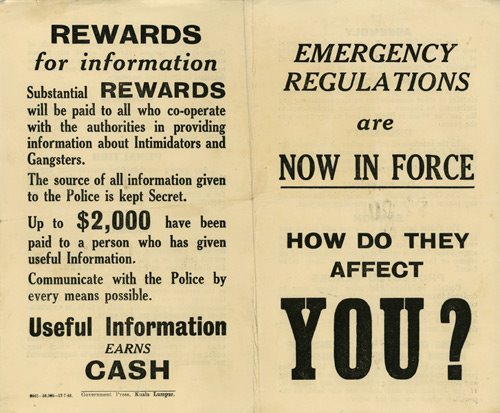
The Backstory
A splinter faction from China’s Nanyang Communist Party, The Malayan Communist Party (MCP) was founded in 1930. Notable figures behind the movement were Chin Peng, Rashid Maidin and Shamsiah Fakeh.
Since it’s a military wing from the bigger communist party, the British early on banned MCP and consider them a threat. However, when Japan came in 1941, British needed the extra might so they struck a deal with MCP to help them get rid of the Imperial Army in a ‘Your enemy is my enemy’ context. To help the British win this war, MCP then founded the Malayan People’s Anti-Japanese Army (MPAJA) where the training and armament were funded by the British.
Japan lost in 1945, retreated back to Nipponland and Malaya is now at peace. Or so they thought. Being the initial coloniser, the British don’t intend to let go of Malaya, especially when the land is rich in natural resources with profitable trade values like rubber and tin. So they asked for the disbandment of MPAJA.
This request, of course, was met with resistance so MPAJA hid some of the armament and started a blueprint for retaliation.
For the regular Pak Hamid and Uncle Kuan, British occupation has squeezed them dry for so many years. British owns the land they live in, along with the richness that comes with it while the people are imposed a ridiculous tax to a point of poverty across all social groups.
This, in turn, became one of the reason for retaliation to oust the British, once and for all. And the year 1948 became the start of the darkest era for most folks when the British in its powers, declared State of Emergency.
1) What it is?
Emergency Ordinance
Most remembered it as Darurat, the State of Emergency was the harshest, darkest experience for pre-Independence Malaya. Food was scarce, whatever’s left was rationed and livelihoods were put to the ultimate test of survival. Daily curfews were implemented and failure to adhere will result in arrest and worst, execution.
MCO
Prime Minister Tan Sri Muhyiddin Yassin has guaranteed that food supply is enough. Also, basic necessities such as water, electricity and even the broadband service will not be put on halt as. So far, Malaysians are still allowed to leave their homes to gather basic supplies with authority intervention so, in a technical sense, this is just a partial lockdown. There’s no nationwide curfew, we can still go out to get food or other essential supplies as long as it’s reasonable.
2) When did it happen?
Emergency Ordinance
The first-ever lockdown was executed in 1948, a Darurat that lasted for a gruelling 12 years. It was declared three years after Japan’s surrender from the Second World War and became the first (and longest) Darurat for us.
MCO
The MCO was announced on 15 March 2020 and scheduled to start from 18 March to 31 March 2020. At press time, there are talks of extension of the order if the COVID 19 containment plan is not progressing at the right pace.
3) Why was it executed?
Emergency Ordinance
When the Imperial Army left Malaya, the country’s power of administration was a grey area. The British came back to power, the Malayan National Liberation Army (MNLA) wanted to stop that and the rakyat just wanted peace and quiet from the war. The assassination of three British estate managers became the trigger point for British to declare the Ordinance.
MCO
In today’s case, Putrajaya administered its authority to activate a contingency plan under the Prevention and Control of Infectious Diseases Act 1988 (Act 342). This provision of the law was executed as a preventive measure to stop the spread of COVID 19 when it was decided that diplomatic calls for people to keep a healthy distance did not stop the spread.
4) Who has the authority?
Emergency Ordinance
From history books, the British declared the state of emergency when the MNLA assassinated three British estate managers. Having the power of administration over a colonised Malaya, the British imposed martial law, giving authorities total power to arrest, apprehend and execute without trial members of the Malayan Communist Party (PKM), MNLA and also anyone with links to the guerilla movement.
MCO
Police Chief, Tan Sri Abdul Hamid Bador said although the MCO has resorted to deploying the Malaysian Armed Forces, the Royal Malaysian Police (under the authorisation of the National Security Council and Ministry of Home Affairs) is still very much in power. The deployment of the army was to help assist the police in maintaining the order of containment and not to enforce martial law or use brute force on the public.
Now and Then
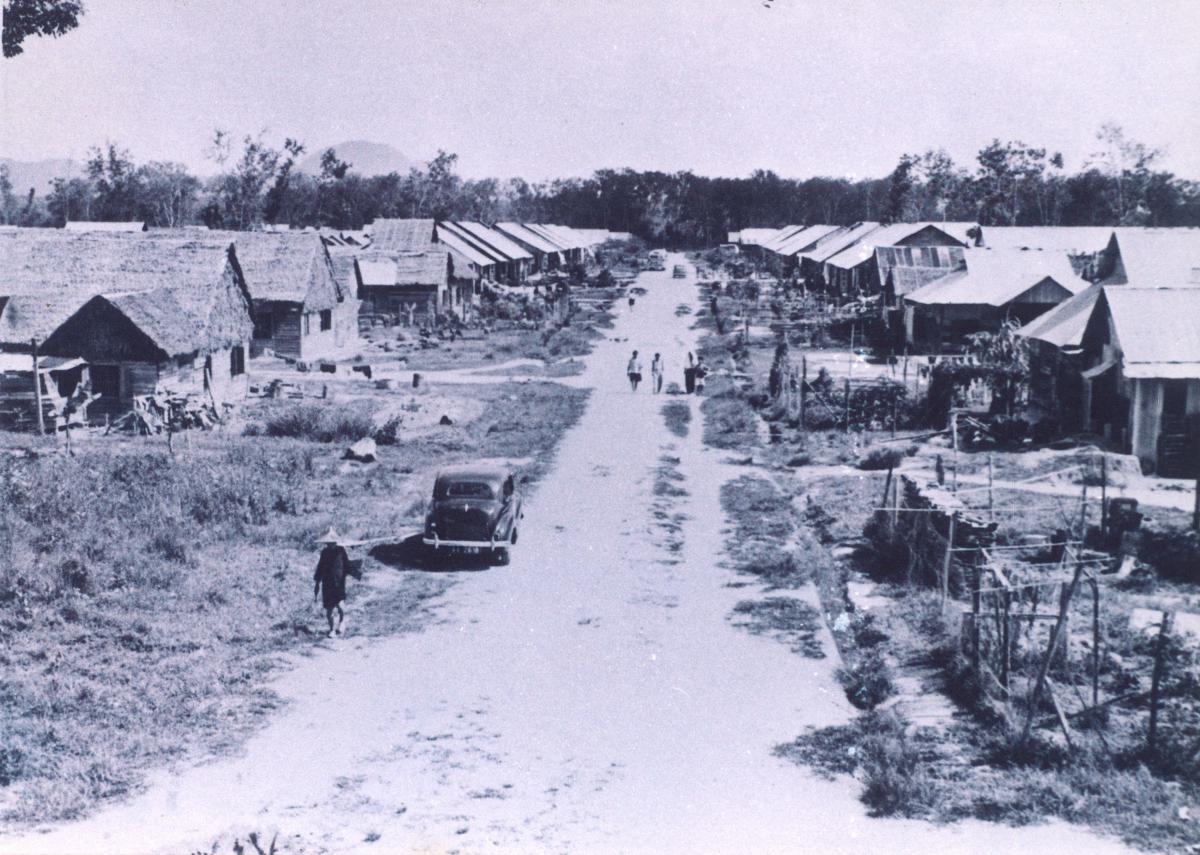
If you still have your elders around, chances are you’ve heard of their war stories from the horrific time of the Japanese Occupation through the Emergency Ordinance where things weren’t exactly any better.
The struggle and hardship to survive were horrendous as you could only live within means, most of the time worst than that. Not to discount the hardship we are facing right now but although we are facing a different kind of enemy, the real threat is not the authority, the presence of the army or the partial lockdown.
The real challenge is the sense of responsibility within us or the lack of it. Remember, in the Emergency era, you’re not allowed to roam free because you might pose a physical threat to the administration. Today, you’re not allowed to roam free because you might pose a threat to yourself, your neighbours and your loved ones.
The bigger picture tells us that the administration just wants us to stay home and stay safe. Although most are more than welcomed to abide, there are still many out there not willing to sacrifice the freedom they thought they fought for, pointing their fingers at the very people trying to protect them.
Be a sensible, responsible Malaysian. We’re not fighting the Japanese or the British for our freedom. We’re fighting ourselves. Let’s hope we can win this war.
Tune in to the latest MCO / COVID 19 updates on our Facebook and if you’re a history buff, you might want to read stirring facts about the Japanese occupation here.

